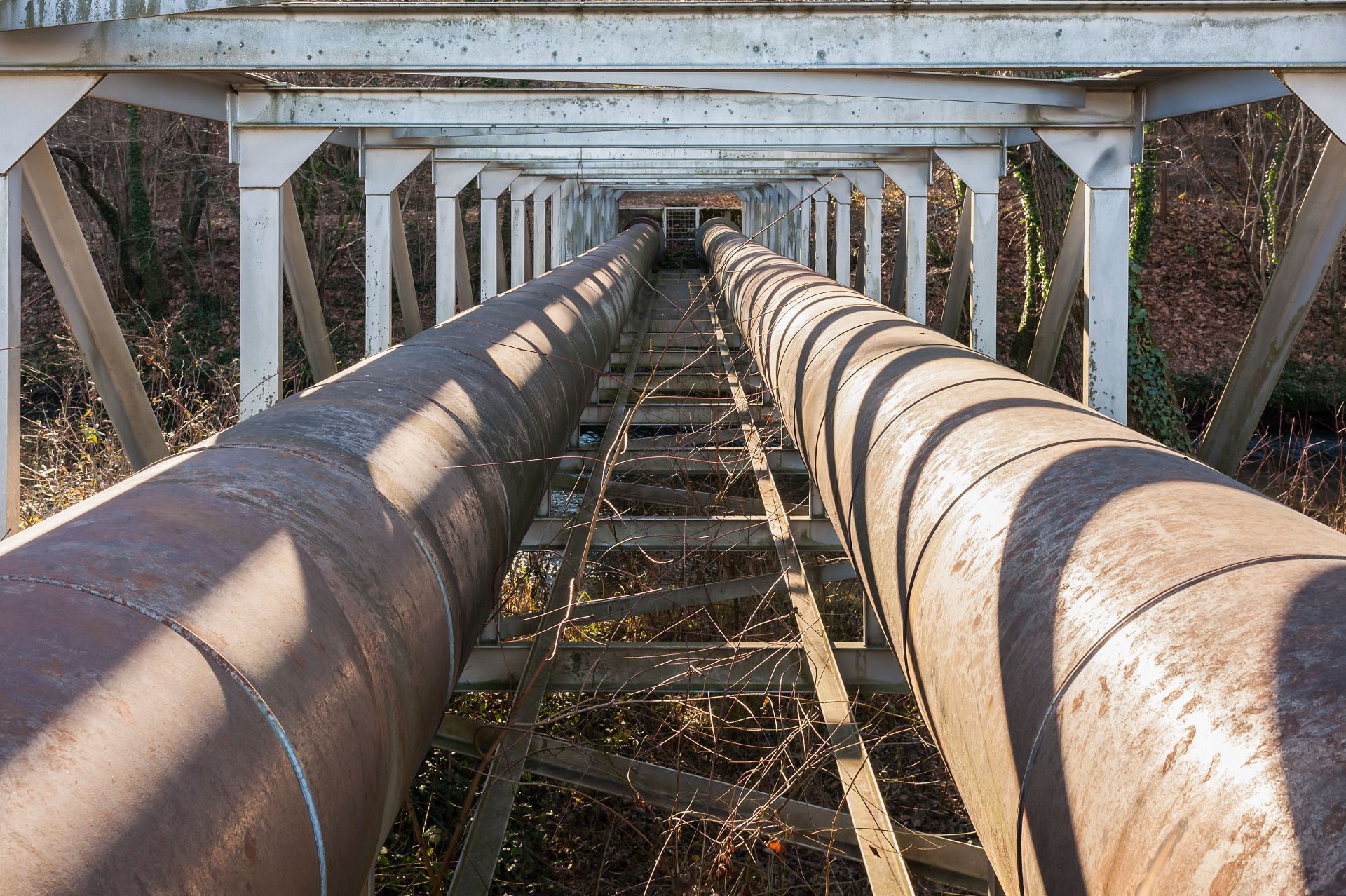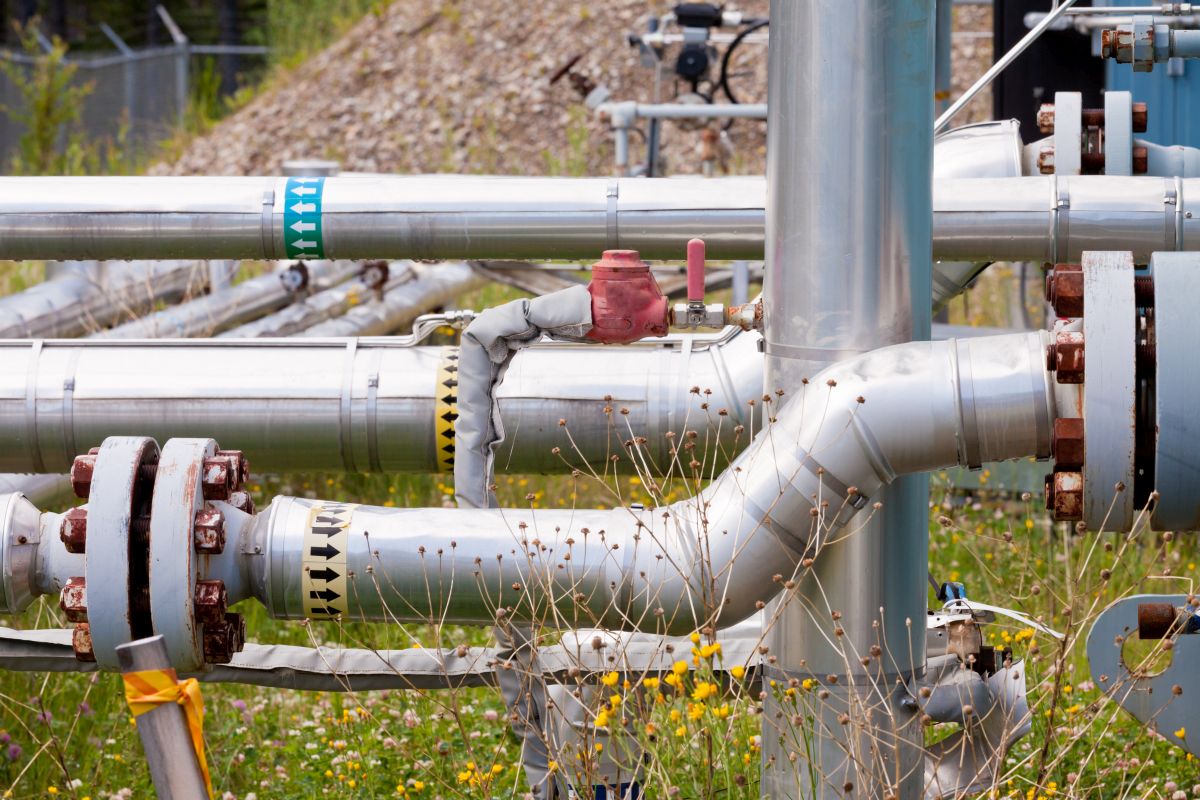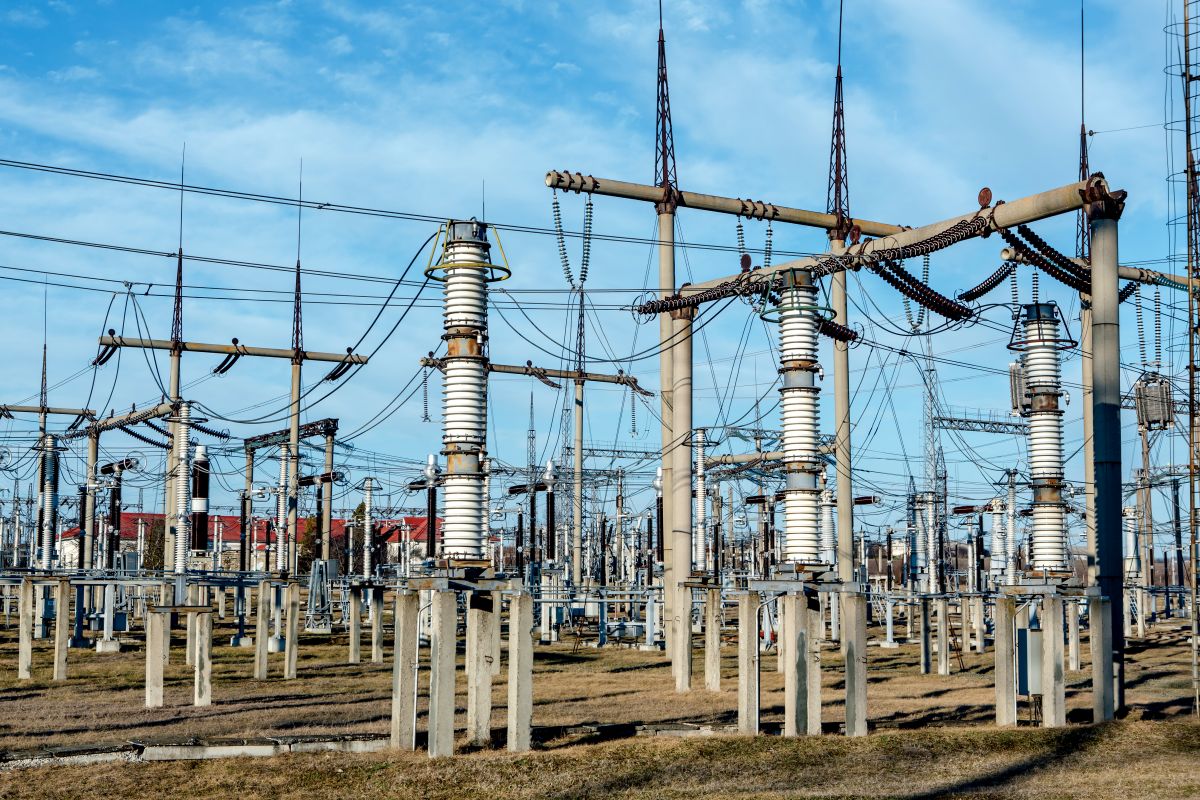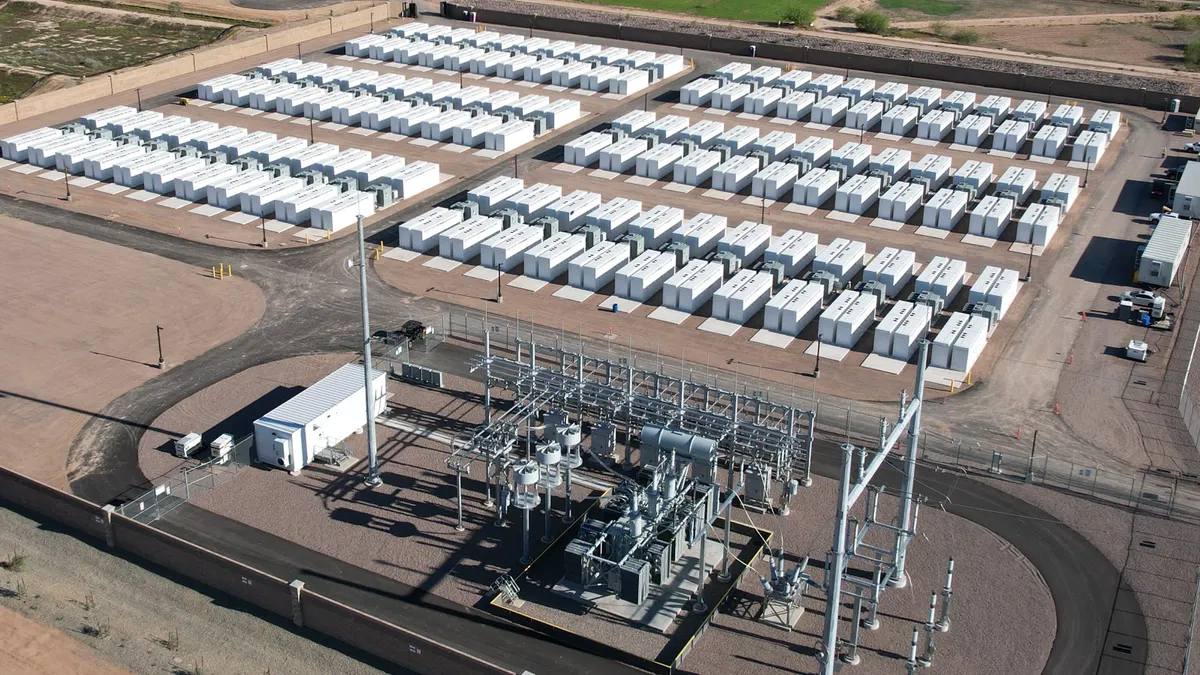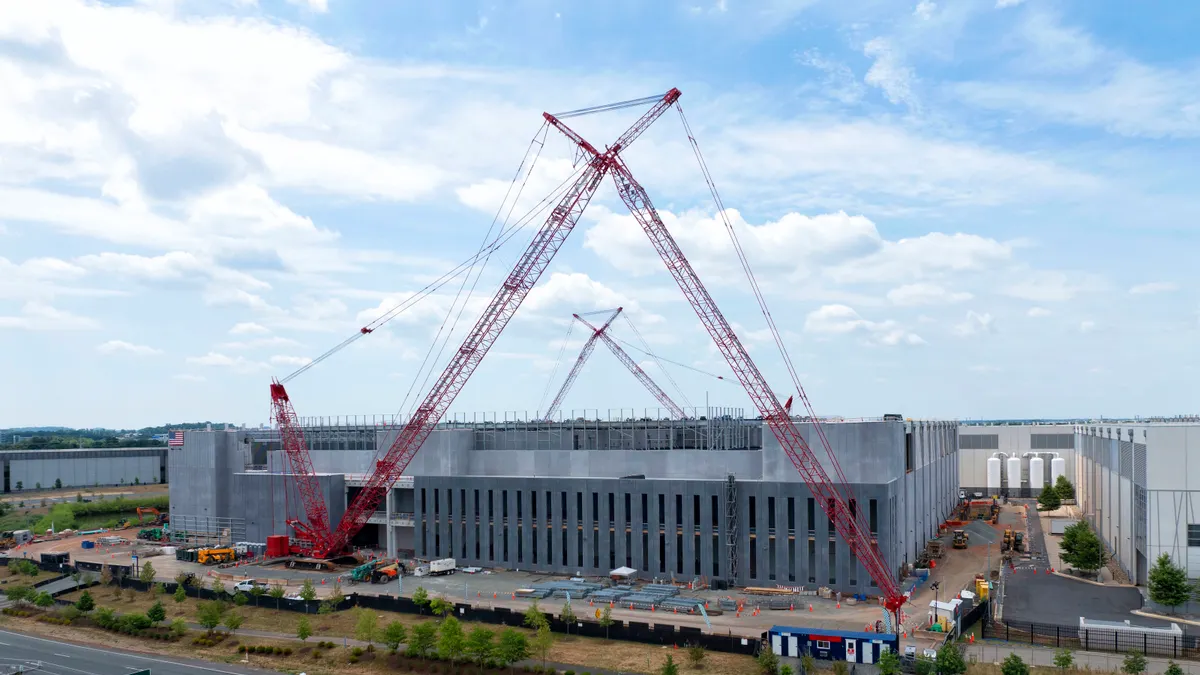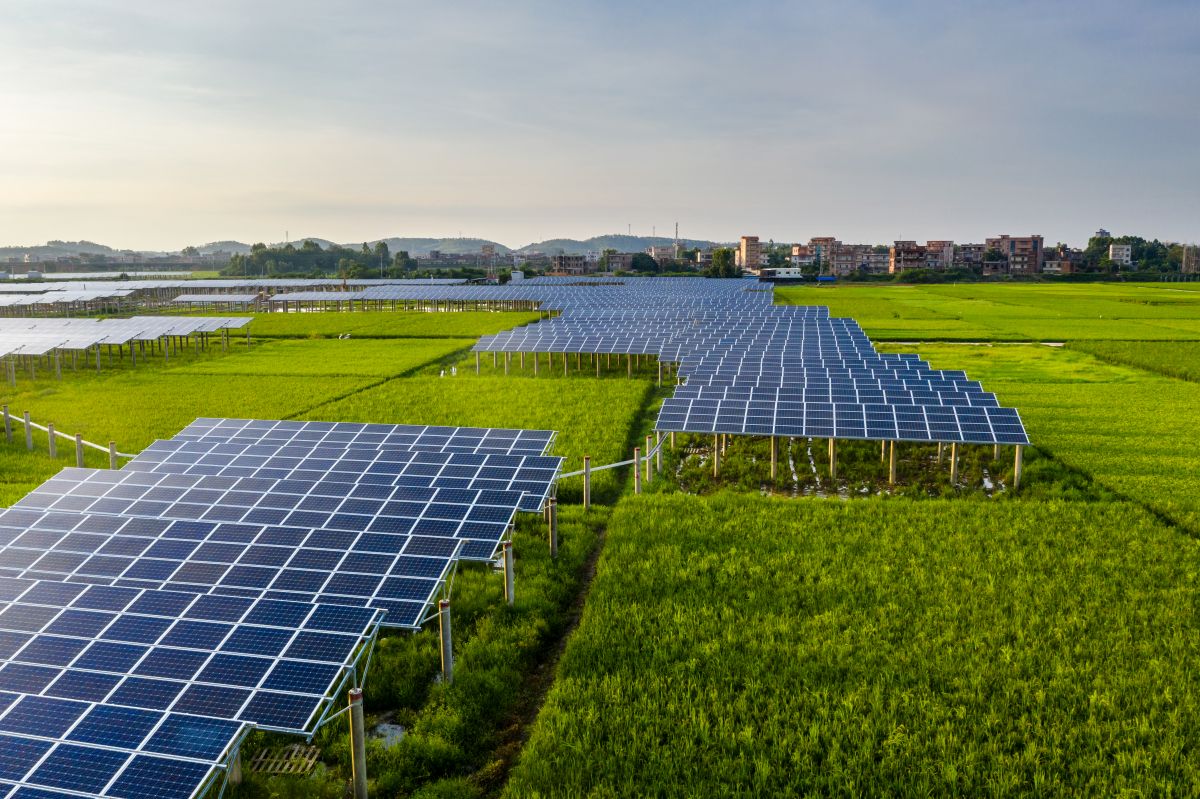WWW.UTILITYDIVE.COM
The Federal Energy Regulatory Commission should adopt reliability-related requirements for gas pipeline operators to ensure fuel supplies during cold weather, according to National Grid USA and affiliated utilities Consolidated Edison Co. of New York and Orange and Rockland Utilities.
In the wake of power outages in the Southeast and the near collapse of New York City’s gas system during Winter Storm Elliott in December 2022, voluntary efforts to bolster gas pipeline reliability are inadequate, the utilities said in two separate filings on Friday at FERC.
The filings were in response to a gas-electric coordination meeting held in November by the Federal-State Current Issues Collaborative between FERC and the National Association of Regulatory Utility Commissioners.
National Grid called for FERC to use its authority under the Natural Gas Act to require pipeline reliability reporting, coupled with enforcement mechanisms, and pipeline tariff reforms.
“Such data reporting would enable the commission to gain a clearer picture into pipeline reliability and identify any problematic trends in the quality of pipeline service,” National Grid said. “At that point, the commission could consider using its ratemaking, audit, and civil penalty authority preemptively to address such identified concerns before they result in service curtailments.”
On pipeline tariff reforms, FERC should develop tougher provisions for force majeure events – an unforeseen occurence that prevents a contract from being fulfilled – reservation charge crediting, operational flow orders, scheduling and confirmation enhancements, improved real-time coordination, and limits on changes to nomination rankings, National Grid said.
FERC should support efforts in New England and New York to create financial incentives for gas-fired generators to enter into winter contracts for imported liquefied natural gas supplies, or other long-term firm contracts with suppliers and pipelines, National Grid said.
Con Edison and O&R said they were encouraged by recent efforts such as North American Energy Standard Board’s Gas-Electric Harmonization report, a FERC and North American Electric Reliability Corp. Winter Storm Elliott report and NARUC’s Gas-Electric Alignment for Reliability efforts.
“Further, since Winter Storm Elliott, we have observed noticeable improvements in winter weather operations with our upstream pipeline and suppliers, including earlier information-sharing with pipeline customers and enhancements by pipelines to address real-time operational risk,” the utilities said.
However, “efforts to address the root of the problem – gas system performance during cold weather – have stalled,” they said.
A proposal to tighten the definition of “force majeure” in gas contracts was rejected by NAESB stakeholders, according to Con Edison and O&R.
“The proposal sought to inject additional clarity surrounding repeated claims of force majeure for avoidable situations, establish requirements for preventative measures, and add specificity to the force majeure definition and scope – including clarifying that while cold weather may be a potential driver of force majeure events, an appropriate level of preparation and communication should be reasonably expected and required as a condition of relief,” the utilities said.
State and federal regulators could mandate activity-based winterization standards for gas production and transportation facilities such as equipment heating, back-up fuel sources and supplies, and equipment temperature alarms, Con Edison and O&R said.
National Grid and Con Edison and O&R urged FERC to launch a notice of inquiry to begin the process of establishing reliability requirements for the interstate gas system.
The American Gas Association, a trade group for gas utilities, told FERC it supports talks on upstream gas infrastructure weatherization and transparency across the natural gas value chain.
In particular, the AGA “supports discussions surrounding the importance of storage as a tool to aid in reliability and resiliency, solutions related to addressing permitting delays for energy projects, upstream supply chain weatherization, updating the force majeure provisions for the [NAESB] Base Contract for Sale and Purchase of Natural Gas, and the benefits of reliability reporting in achieving transparency,” the trade group said.



